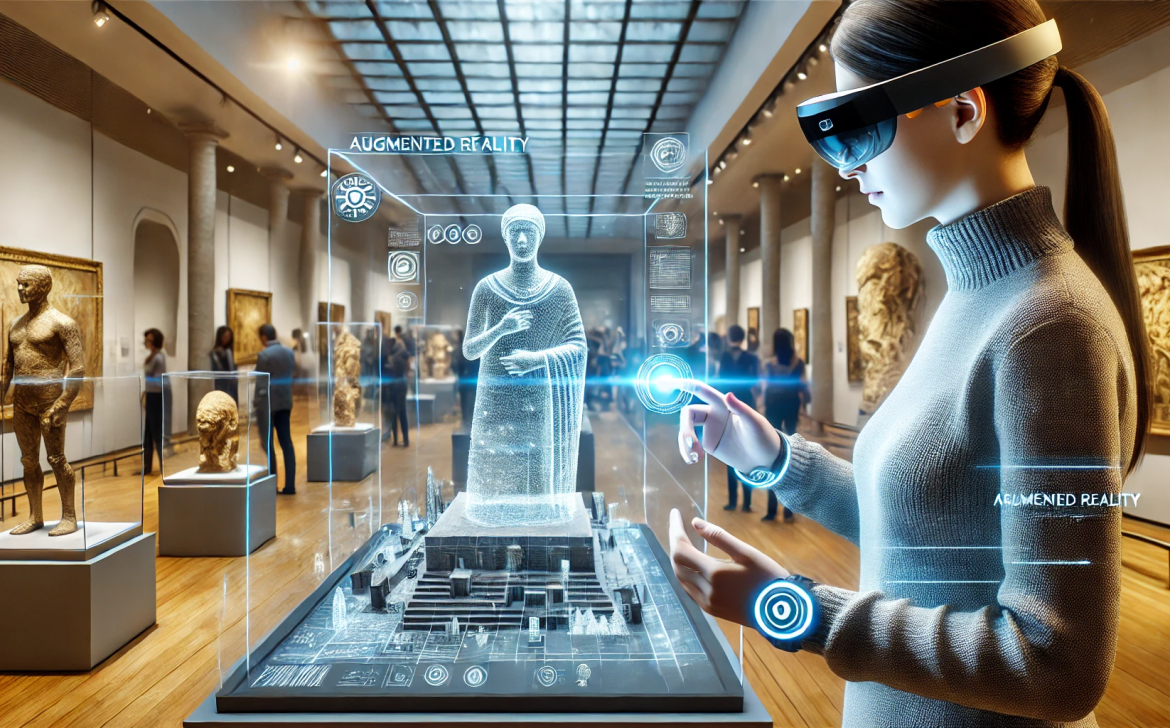Grupo Colabora will provide training in the Business Digitalisation with Impact Programme
Grupo Colabora has opened registrations for the Business Digitalisation with Impact Programme, part of the EFES Impact project, promoted by the Directorate-General of Business of the Regional Government of Extremadura. This programme is designed to support companies in their digital transformation process, enhancing their competitiveness and fostering a positive social and environmental impact.

The programme offers the following actions:
- 10 Synchronous Online Masterclasses: Delivered by industry experts, with practical sessions aimed at applying the knowledge gained in each company.
- Personalised Business Consultancy: Specialised consultants will provide strategic guidance for effective and sustainable digitalisation.
The main objective is to boost business competitiveness, address challenges responsibly, and promote a positive social and environmental impact through technology.
Both actions are free of charge, but prior registration is required. For more details and information on the registration process, the corresponding link is attached.




